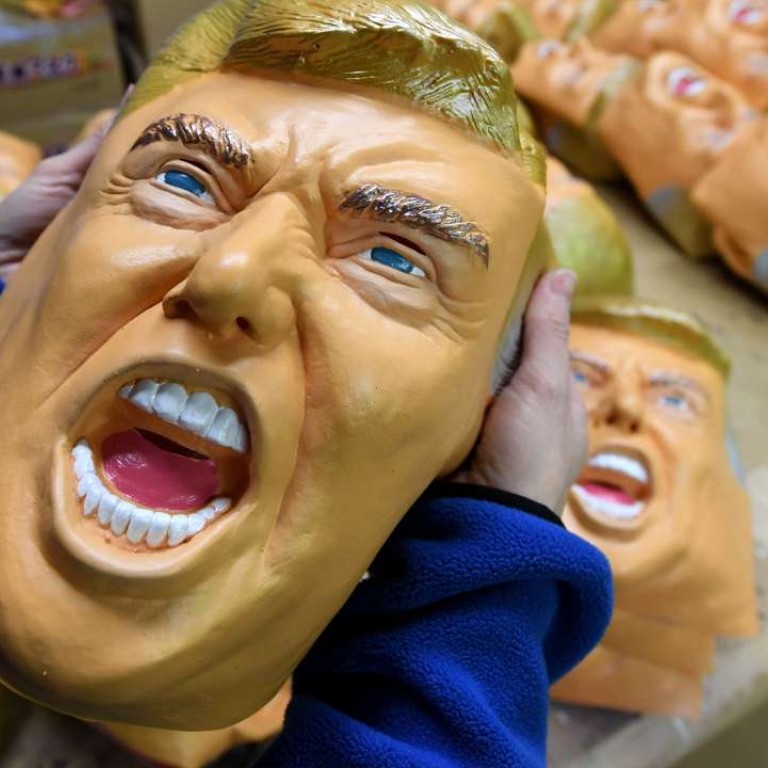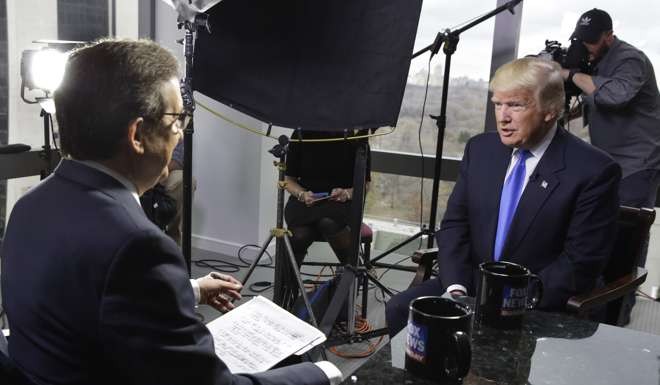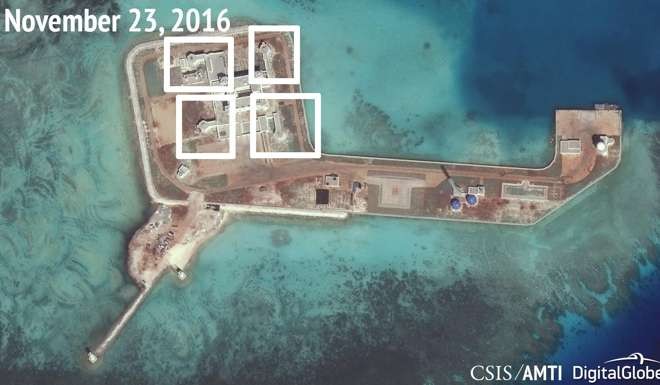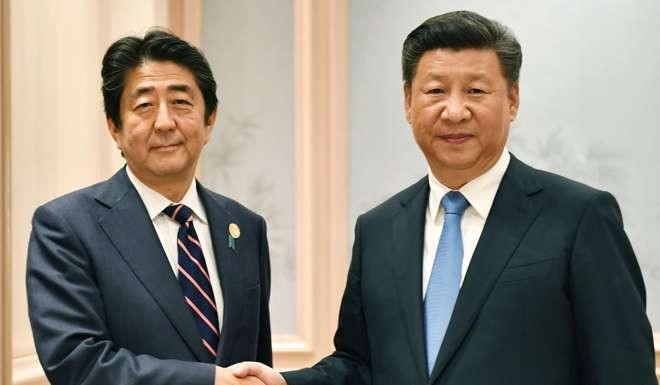
Will Trump’s defence bluster push Japan to go nuclear?
Kevin Rafferty says even if the US alliance turns shaky under Donald Trump, memories of Japan’s devastated cities in wartime should deter any nuclear dreams
How long before Japan makes nuclear weapons? I’m not advocating it. There must be a better way, or Japan risks taking the world to the cliff edge of nuclear annihilation.
But the election of Donald Trump as US president has thrown a potential bombshell into diplomatic, political and military relations that have been relatively stable for decades. His unpredictable interventions have surely raised the basic question in Tokyo, and in every world capital: bluntly, can we trust this guy?
Trump’s determination to remake America’s world leaves Japan vulnerable

Trump denies saying Japan and South Korea should acquire nuclear weapons
He later said that nuclear weapons were part of a bargaining strategy. He told CNN that they were “an absolute last stance ... I use the word unpredictable. You want to be unpredictable.” Asked whether he was ready to let Japan and South Korea become nuclear powers, Trump said: “I am prepared to – if they’re not going to take care of us properly, we cannot afford to be the military and the police for the world.”
Nuclear arms race likely in Asia if Trump pulls US forces out, report says
Supporters claimed that, when elected, Trump would calm down and become, well, presidential. In the hour of victory, he was magnanimous, talking of the need to bind the wounds of a divided America.
Watch: Shinzo Abe has ‘great confidence’ in Trump
Prime Minister Shinzo Abe of Japan was the first leader to pay court at Trump Tower. Later, according to the official translation, Abe said: “I came away convinced that President-elect Trump is a leader who can be trusted.”
Watch: Trump outlines first 100 days in White House
Trump’s determination to remake America’s world leaves Japan vulnerable. He complained that the US is paying to protect Japan, forgetting that since Tokyo pays most of the bills, America is getting cheap forward bases for any military engagement in Asia.

Doubts about how Japan’s already constrained budget could squeeze such an increase are fuelling dark debate about a cheaper option of going nuclear. It has not reached the public sphere because of deep distrust even of civilian nuclear power. Japan notably refused to support the recent UN resolution calling for the outlawing of nuclear weapons, and has sufficient plutonium to make thousands of weapons.

Japan should rethink US ties and improve relations with China
Japan is dancing with the devil in thinking of an arms race or going nuclear to make up for the lack of US support under Trump. Memories of firebombed Tokyo, as well as Hiroshima and Nagasaki, should be revived with today’s scenes of devastation in Aleppo.
Japan’s role, as the first nuclear victim, should be to lead in finding new peaceful ways to settle disputes and make friends with neighbours. Losing the umbrella of US protection makes the task more pressing.
Kevin Rafferty is a journalist specialising in Asia and a former professor at Osaka University

